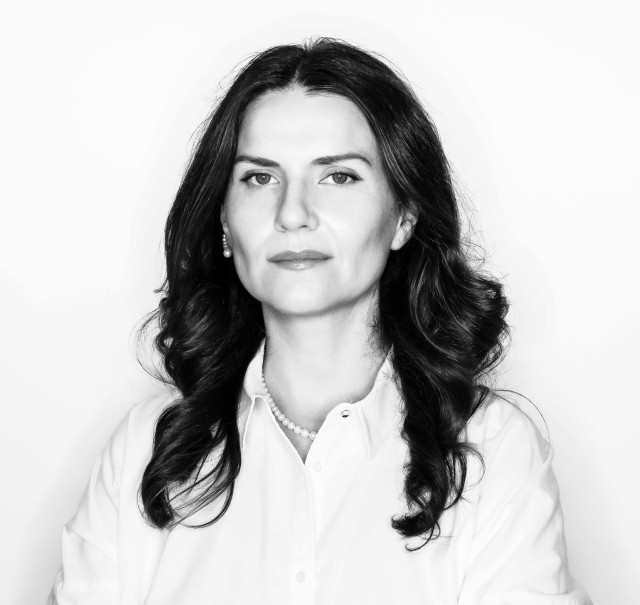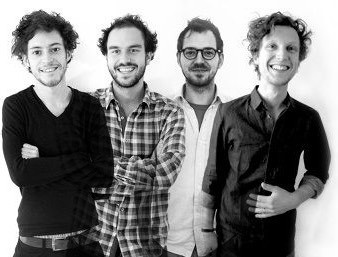Inclusive city
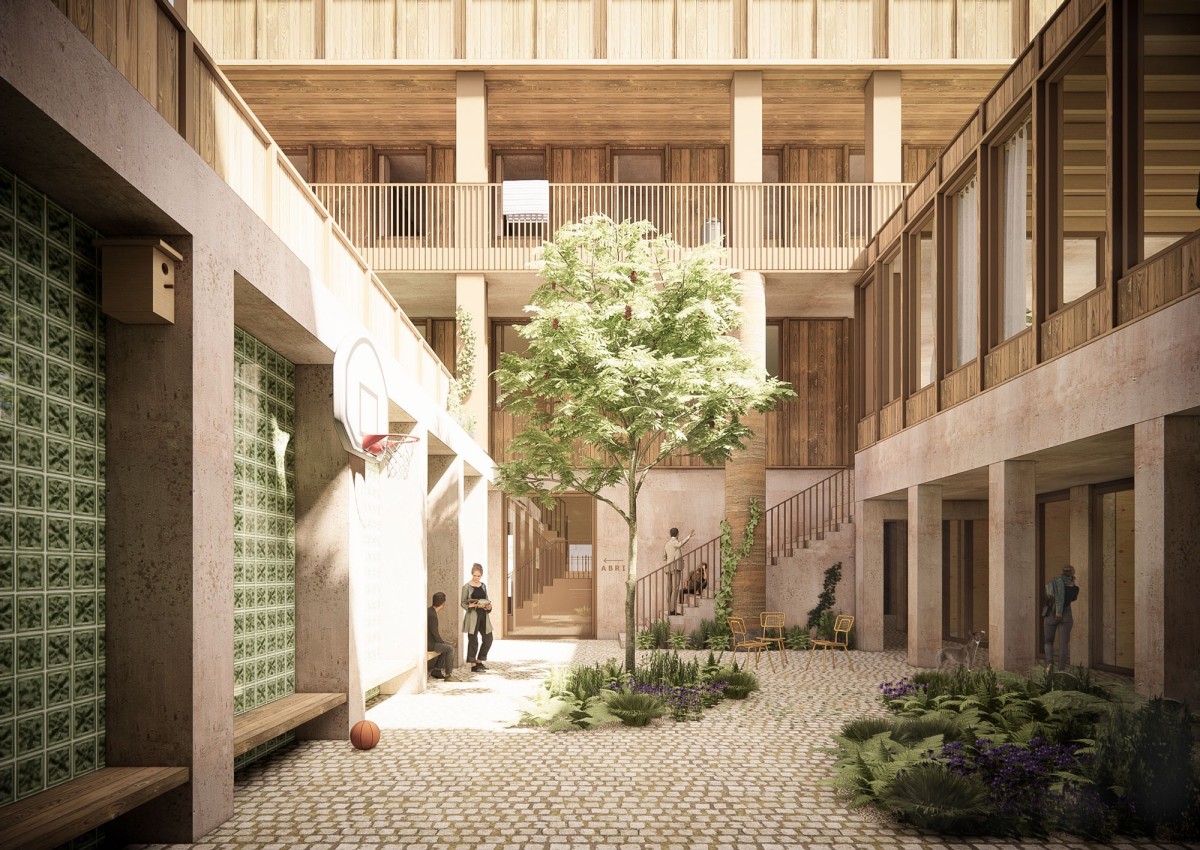 BCarchitects_studies_bogdan
BCarchitects_studies_bogdan
The project for the integrated centre for drug users at the Tour & Taxis site designed by &bogdan and BC architects, raises many fascinating questions. They describe it themselves as a 21st-century hostel – a place where one can find a warm welcome and temporary rest along the way. How do they deal with the incorporation of this project into the city and the role of its users – often in very precarious circumstances – in it? How is attention to inclusion and exclusion in the city reflected in the rest of their work?
In another part of Brussels, Globe Aroma puts many of these ideas into practice with an arts centre/atelier as an intermediate space. The daily studio operation and the impending conversion of the site touch on many layers and contradictions at play for groups on the margins of society: need for a stage and voice on the one hand and security, safety and perhaps even invisibility on the other. An Vandermeulen talks about her experiences as an organisation ‘inhabiting’ an existing building – with all its shortcomings and quirks – and how to turn it into an inclusive public space. She also shares her observations on the participatory design process currently underway for the upcoming renovations.
Commissioned by the Society for Urban Development (MSI.brussels), BC architects & studies &bogdan are designing a reception centre for primary care on Brussels Avenue de la Port. The construction of such a reception centre is much needed for the city and the Canal Zone and goes hand in hand with the continuation of port activities. The result will be a “well-oiled machine” for the Port on the one hand and an open building for the non-profit association Transit on the other, with 24/7 social control and maximum privacy for the most vulnerable in our society. The obvious choice was to design a warm and welcoming architecture, one that does not speak of itself but gives meaning. The project is not an anonymous institution, but a juxtaposition of several autonomous houses that are well connected. Architecture here becomes more than ever an instrument of social justice.
Oana Bogdan, &bogdan
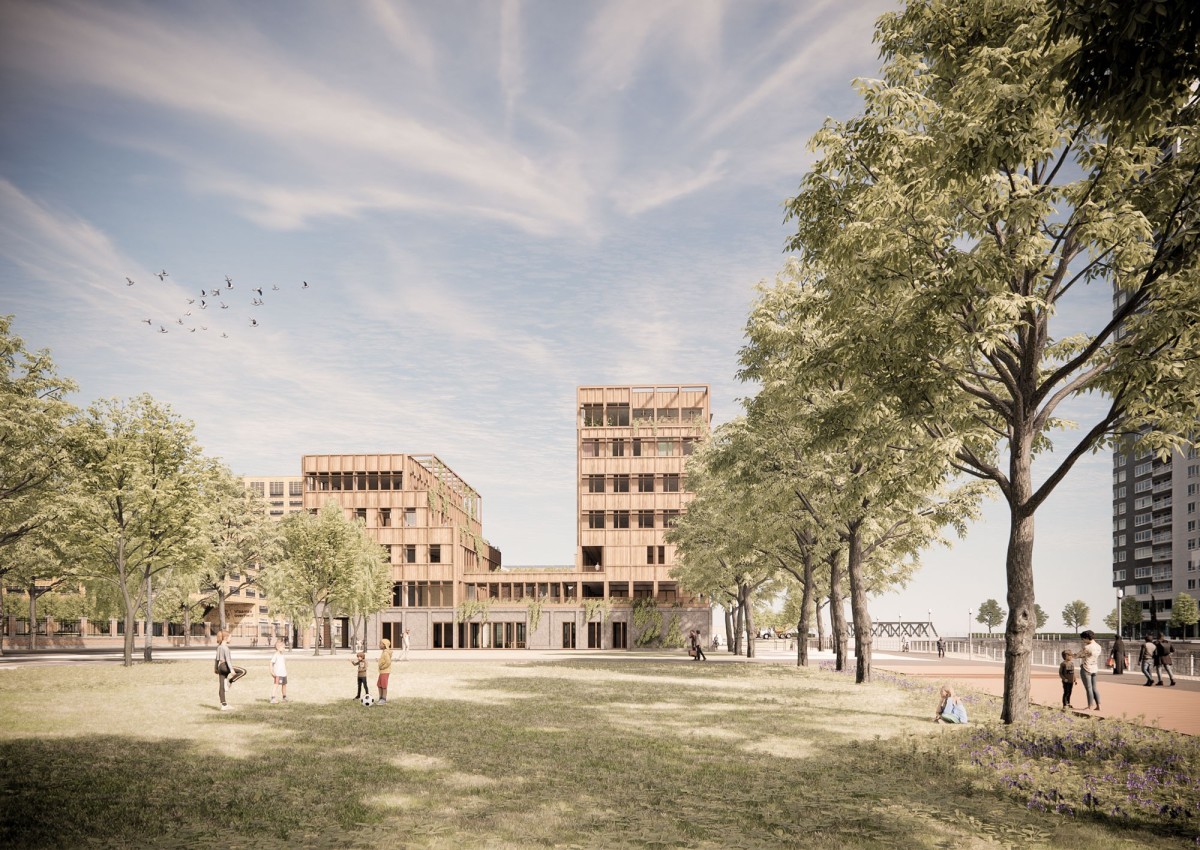 BCarchitects_studies_bogdan
BCarchitects_studies_bogdan
An Vandermeulen, Globe Aroma
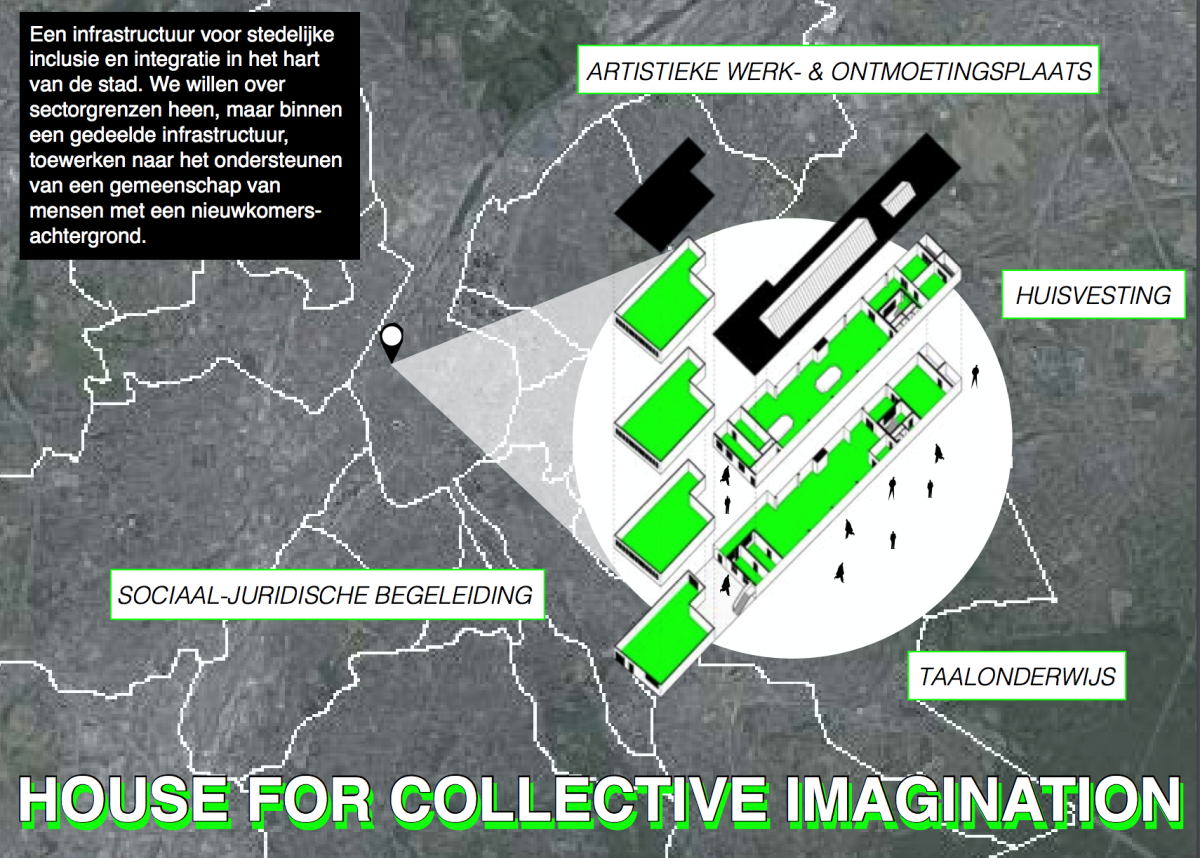 Globe Aroma
Globe Aroma
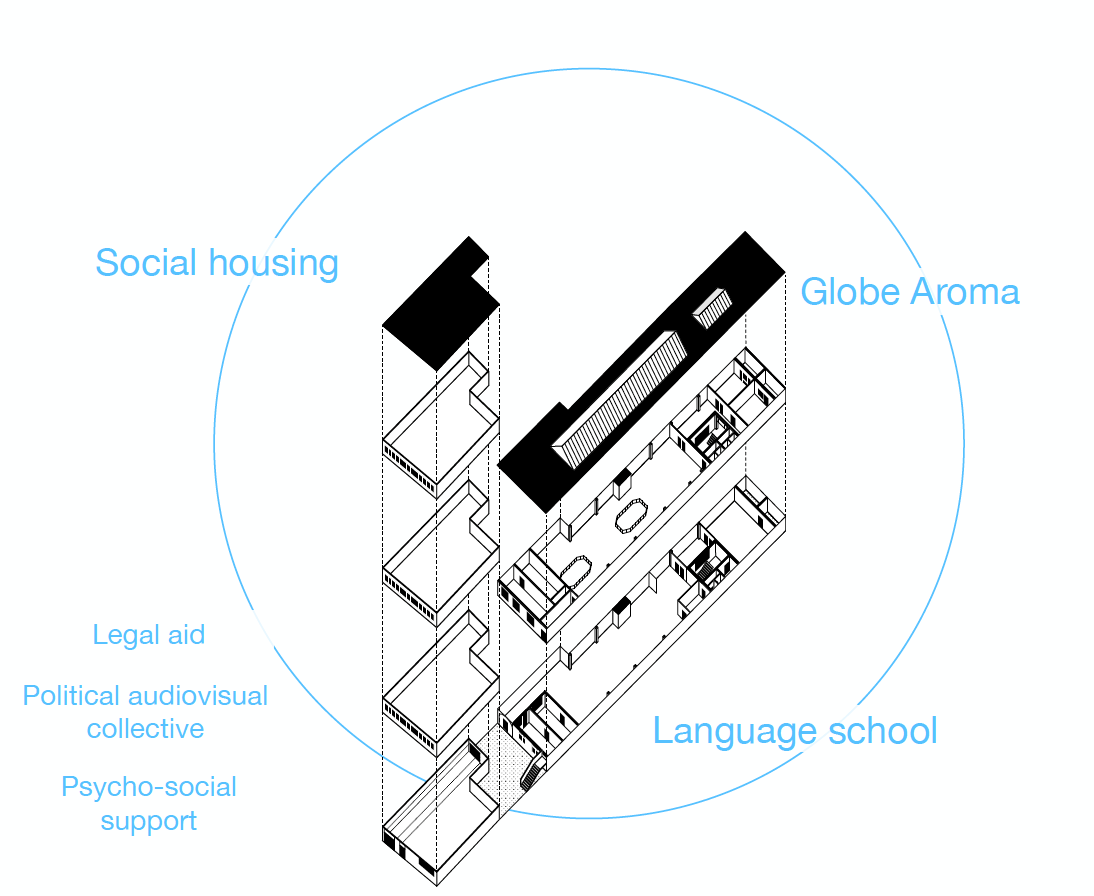 Globe Aroma
Globe Aroma




